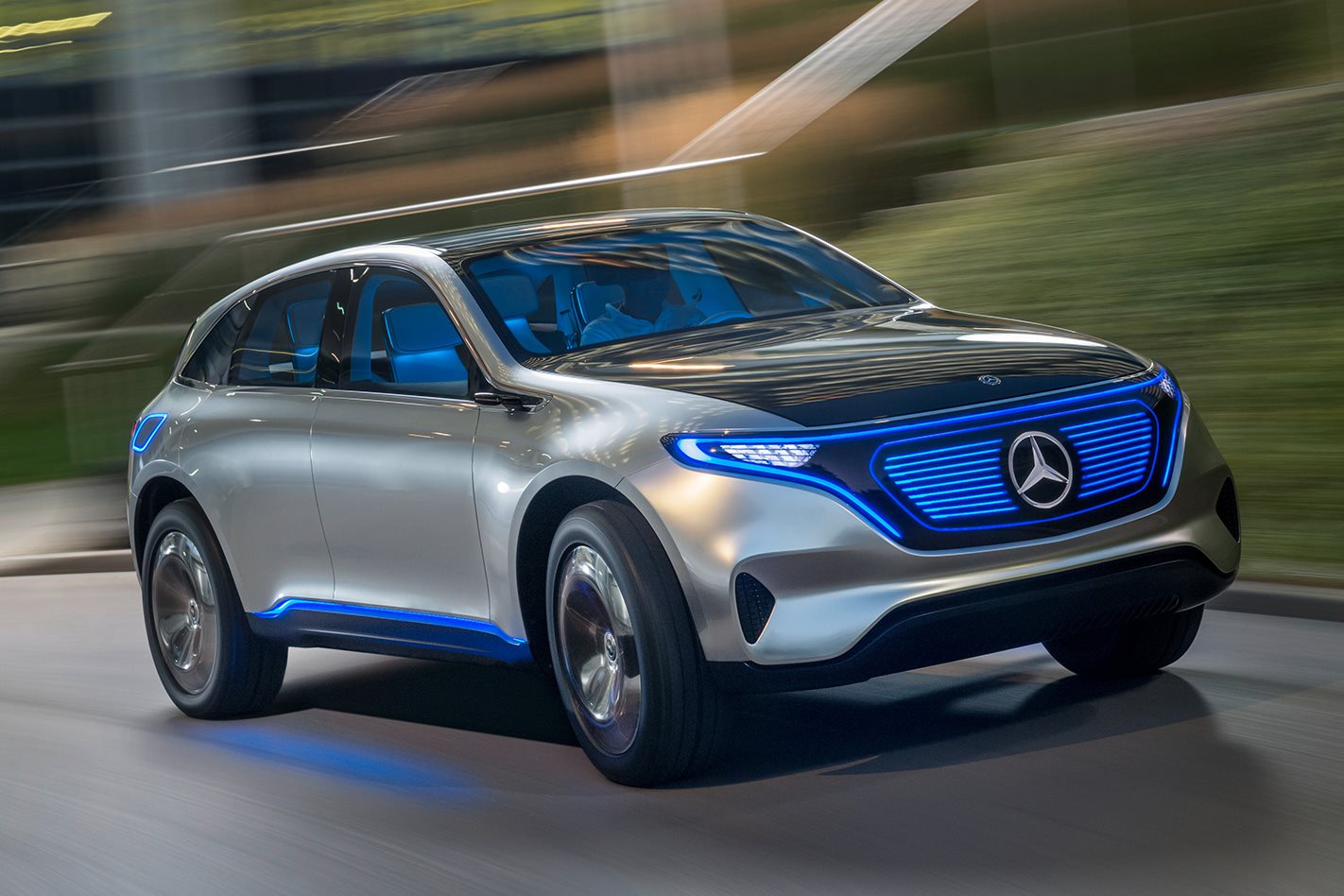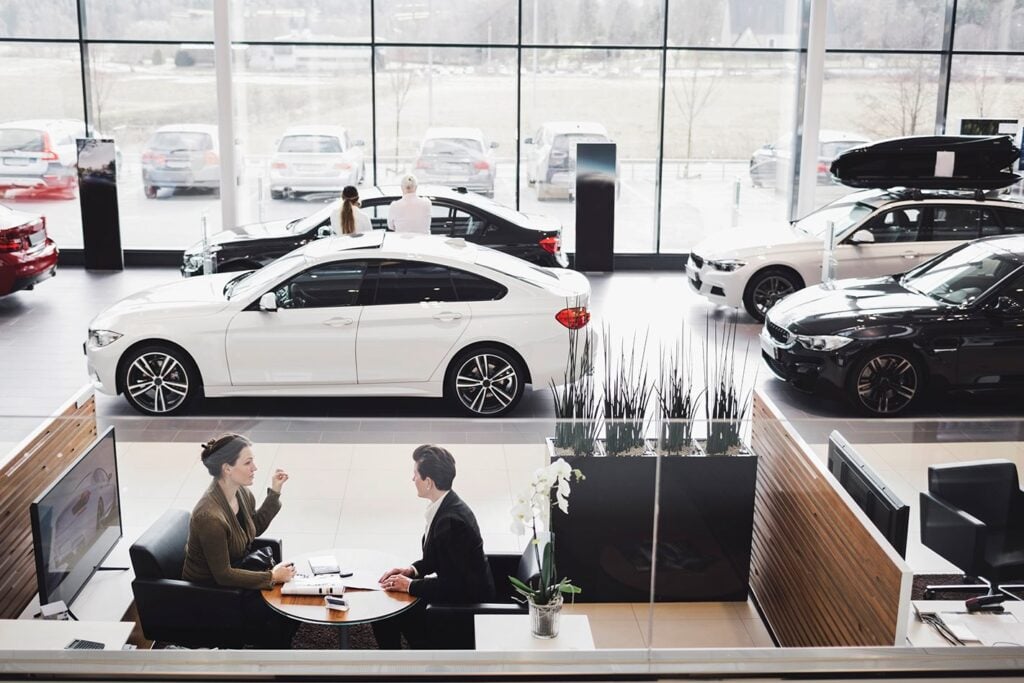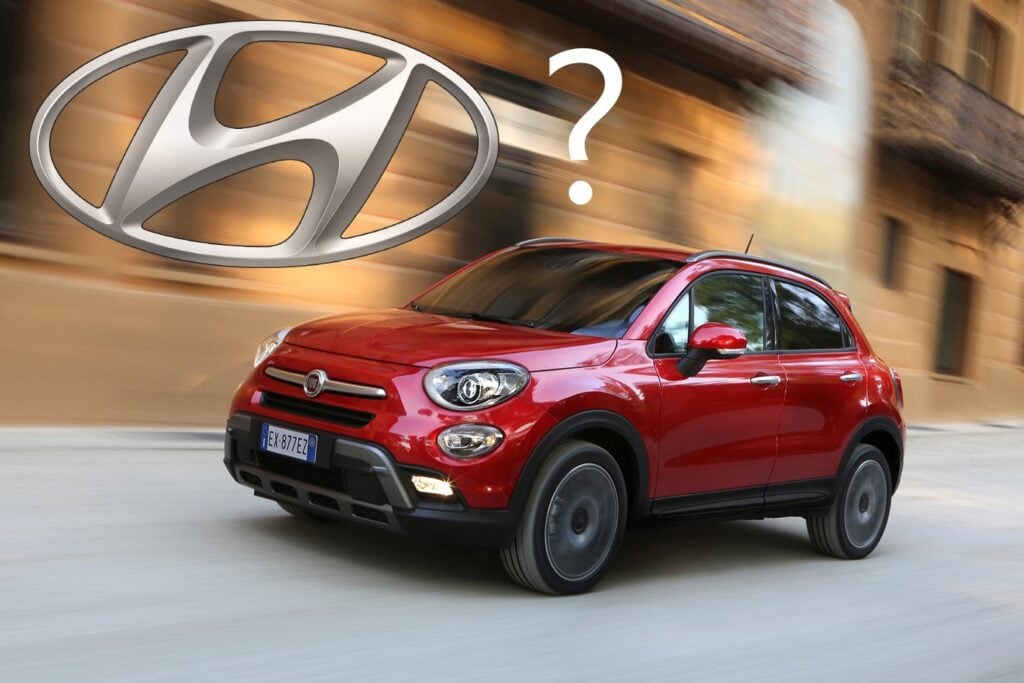ONE of Australia’s fiercest opponents to the luxury car tax has hit out at the Greens’ suggestion that the punitive tax can be raised to help pay for a switch to plug-in and electric vehicles.
The Greens today announced a pre-election proposal to raise the tax from 33 percent to 50 percent for every dollar of a new car’s cost above $65,000, with the extra money raised to be tipped into garnering support for electric vehicles. The hip pocket slug would include an extra 17 percent “luxury fossil fuel car tax” levied on every fossil fuel car sold over the next four years.
Several manufacturers that Wheels spoke with have opposed the proposal, with one who wished to remain anonymous describing it as little more than “calculations done on the back of a recycled envelope”.
However, David McCarthy, the public relations senior manager for Mercedes-Benz Australia, said some parts the “discussion starter” policy had merit, but there were smarter ways of encouraging buyers to switch to electric cars than to hit them with a tax hike.
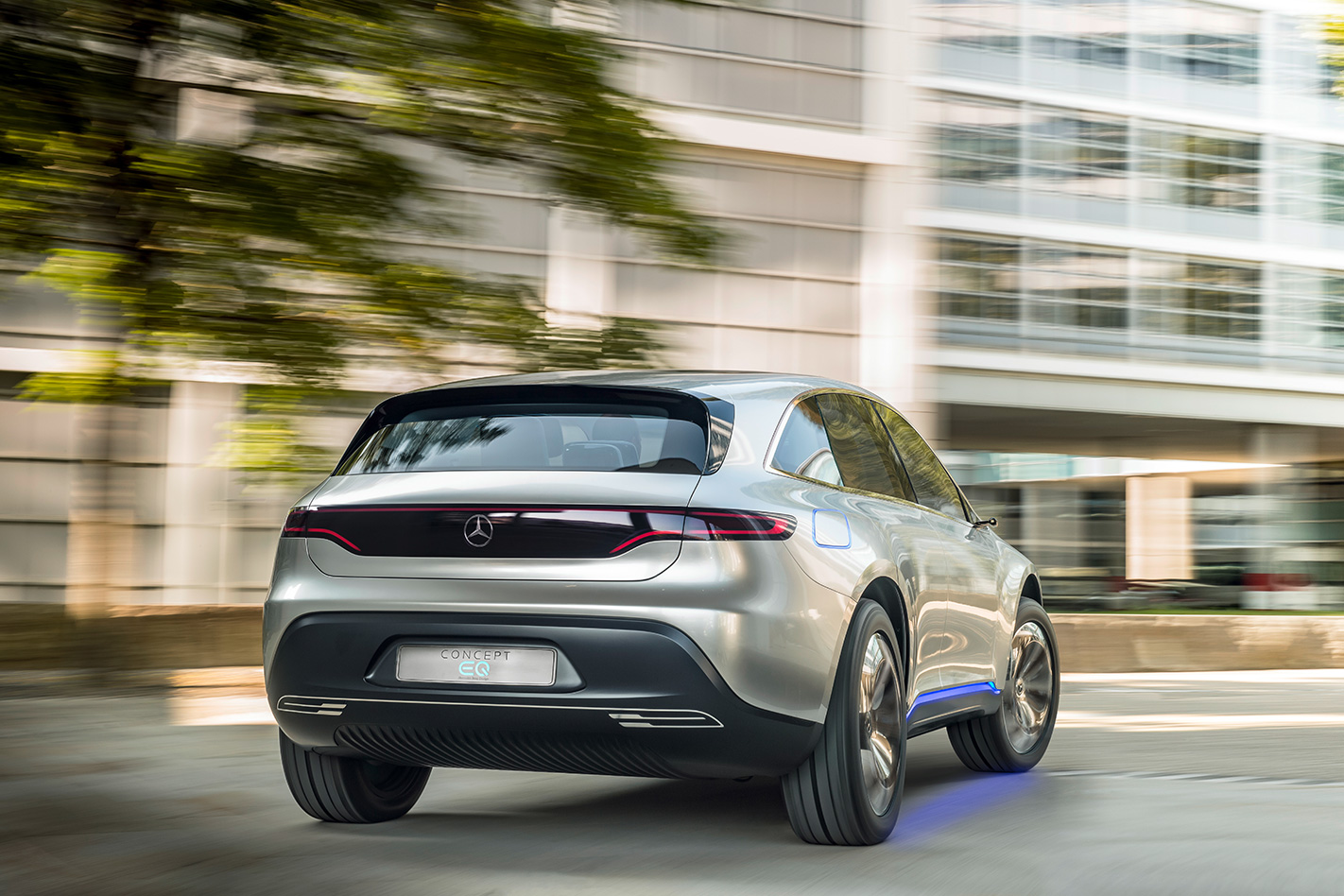
Under a deal brokered between the government and the car industry in 2008, the luxury car tax jumped from 25 percent to 33 percent, but the tax did not kick in for vehicles that used no more than 7.0 litres per 100 kilometres until a higher threshold. Under the Greens’ proposal, the government’s revenue from the tax would rise from an estimated $680 million to more than $1 billion this financial year alone.
McCarthy said the Greens originally fought for the higher threshold because it would encourage the uptake of more fuel-efficient cars. “So to say that cars over $100,000 are going to be subject to an extra $50,000 price hike (a 50 percent tax), I don’t agree. One, it’s the politics of envy. Secondly, why isn’t there a proposal for a 5.0 litres or lower limit?”
He said the way the policy was framed would also skew towards business and government buyers rather than where it needed to aim – straight at private buyers. As well, the Greens’ policy was also likely to run foul of trade agreements brokered with countries whose cars arrive in Australia tariff-free.
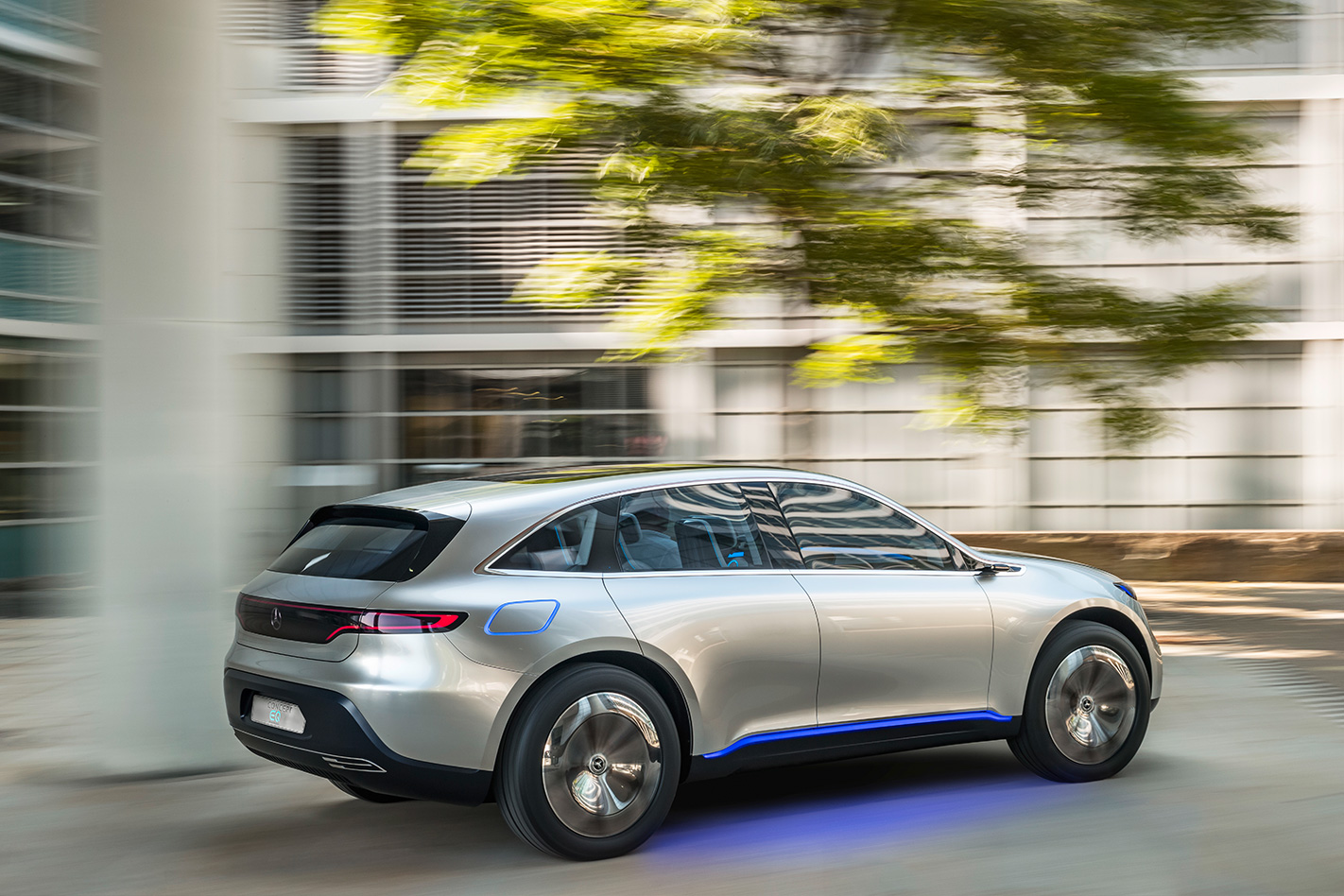
“And that will have to happen in the next three years.”
Few electric cars coming to Australia from luxury manufacturers are expected to slip in below $100,000. Mercedes-Benz is expecting to launch its first electric vehicle, the GLC SUV-sized EQ, sometime next year, and carrying a price tag that will come in under the $100,000 mark. That meant it would still attract LCT under the Greens’ policy – hardly an incentive for buyers, McCarthy said.
“The broad thrust of the policy, I think is there, but they need to think about the implementation and they need to think about that they’re actually being a little bit inconsistent with their policy in what they supported a few years ago, as to what they’re proposing now.
“Let’s be consistent,” McCarthy said. “We had a policy a few years ago that encouraged low-emission cars over a certain threshold … and it worked.”

